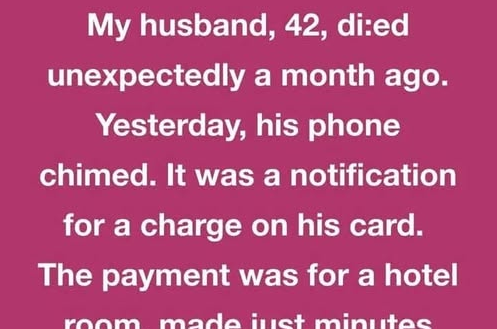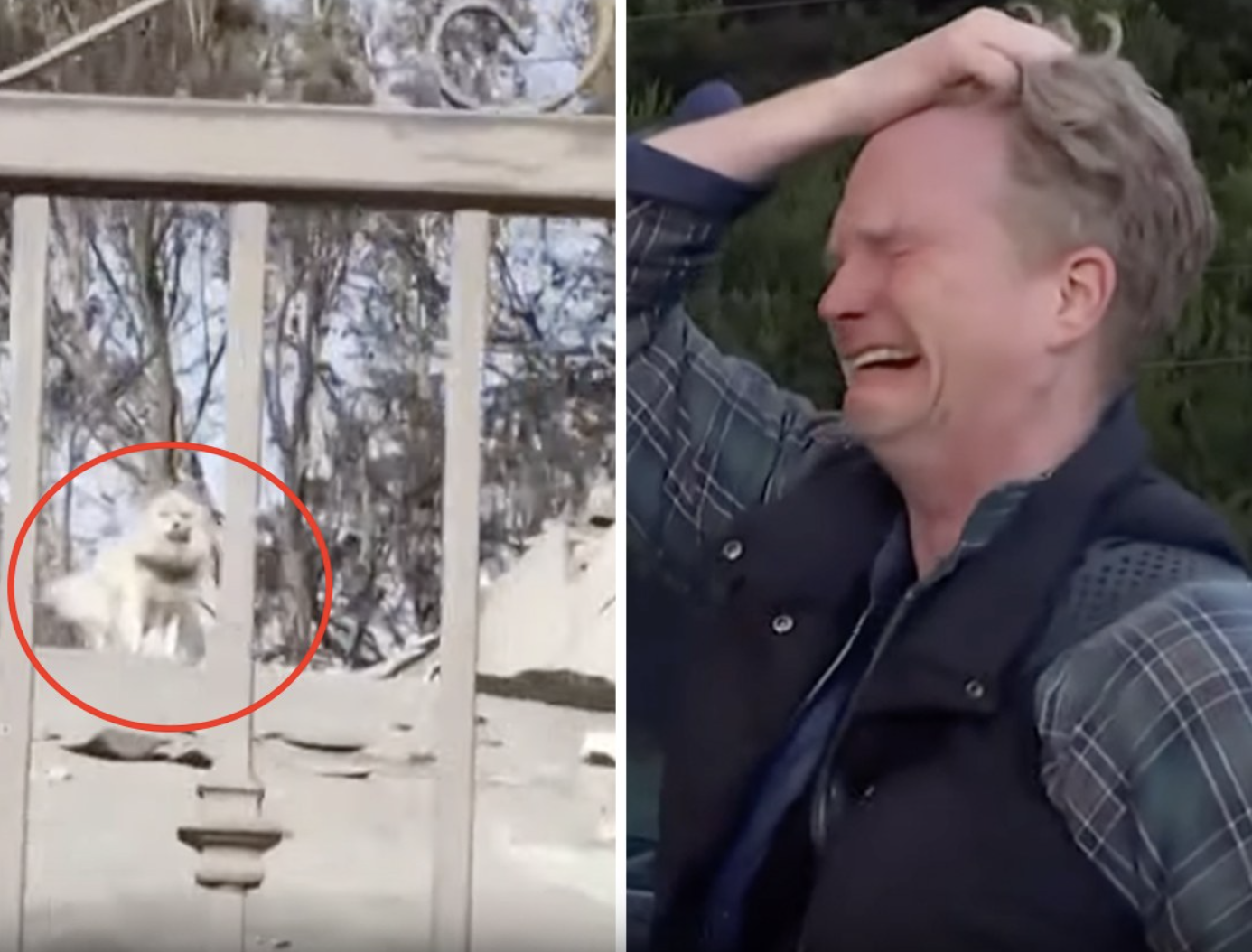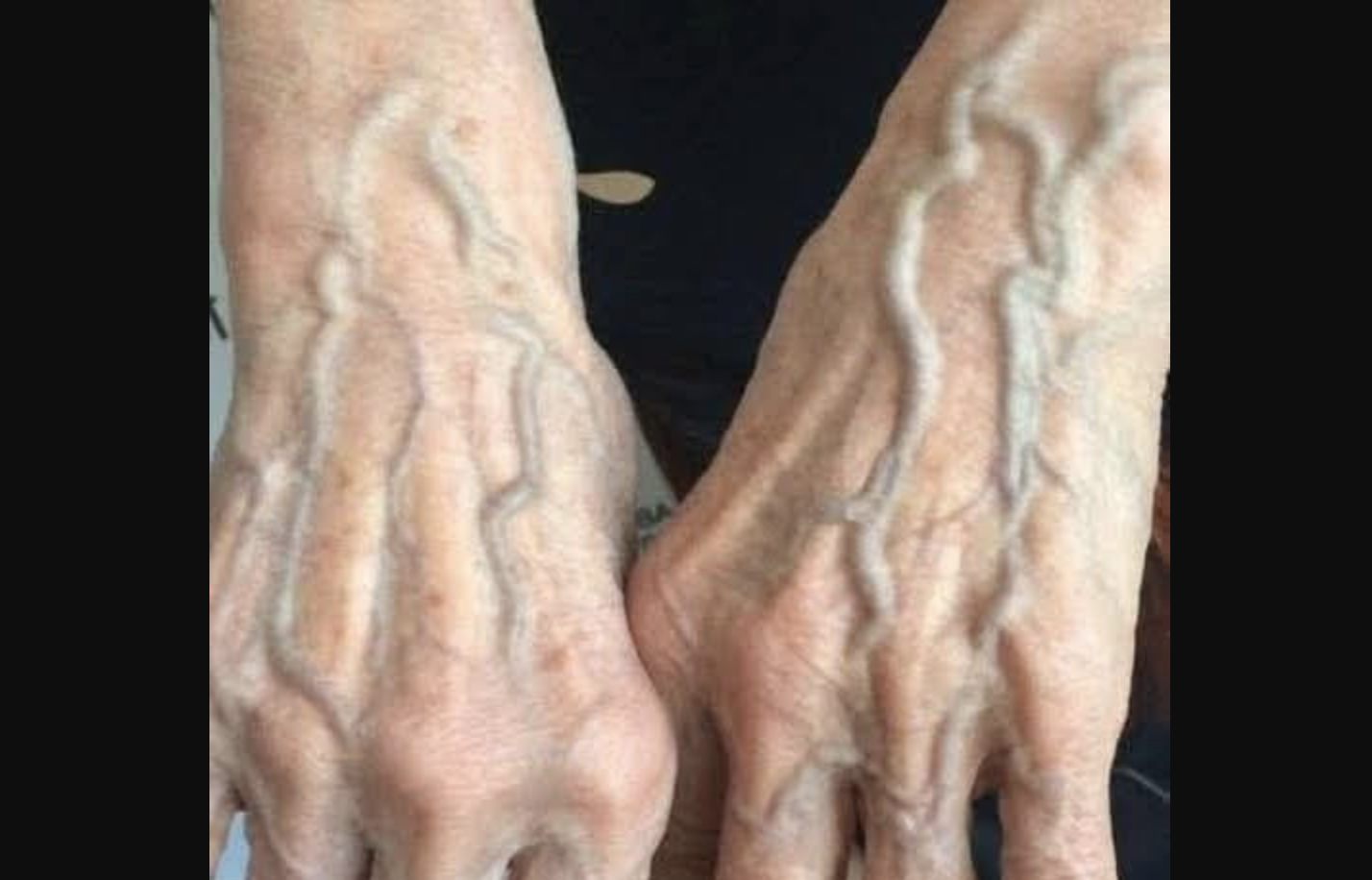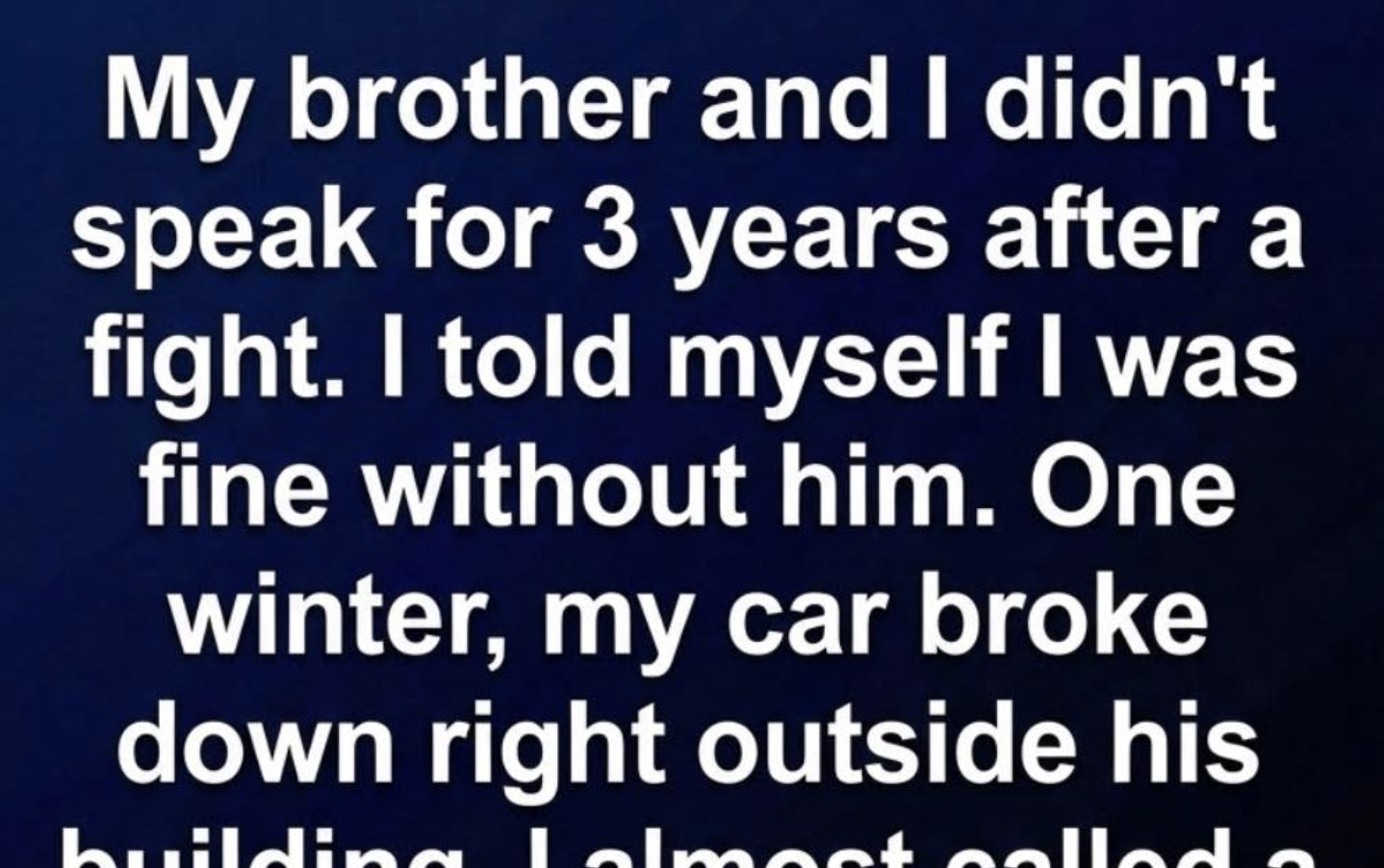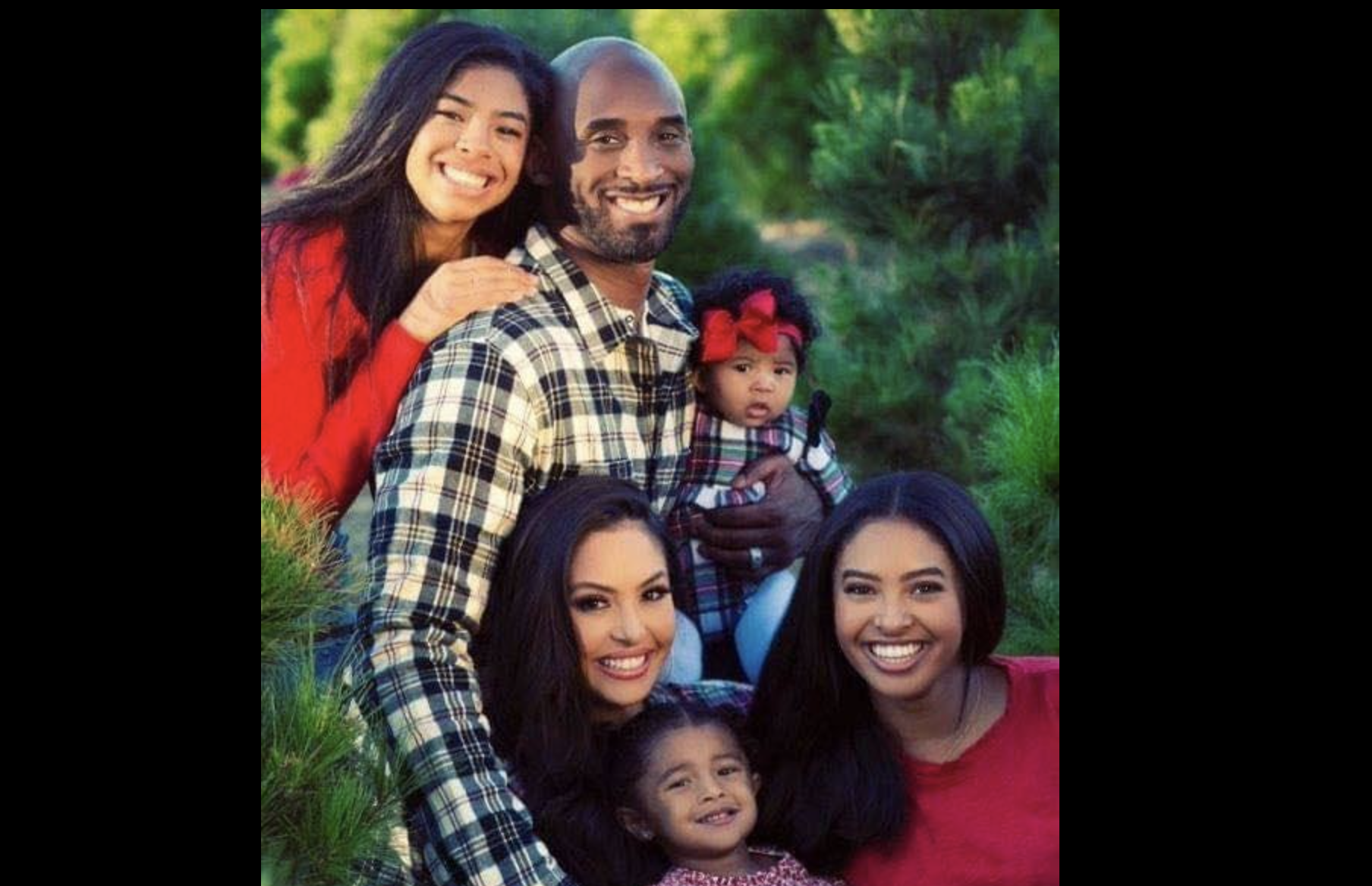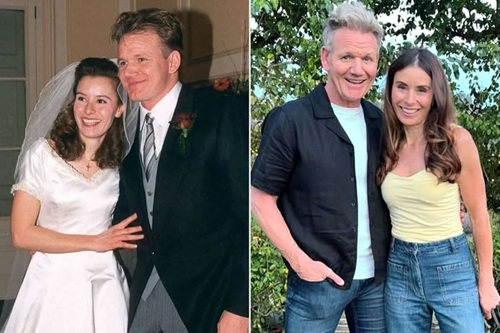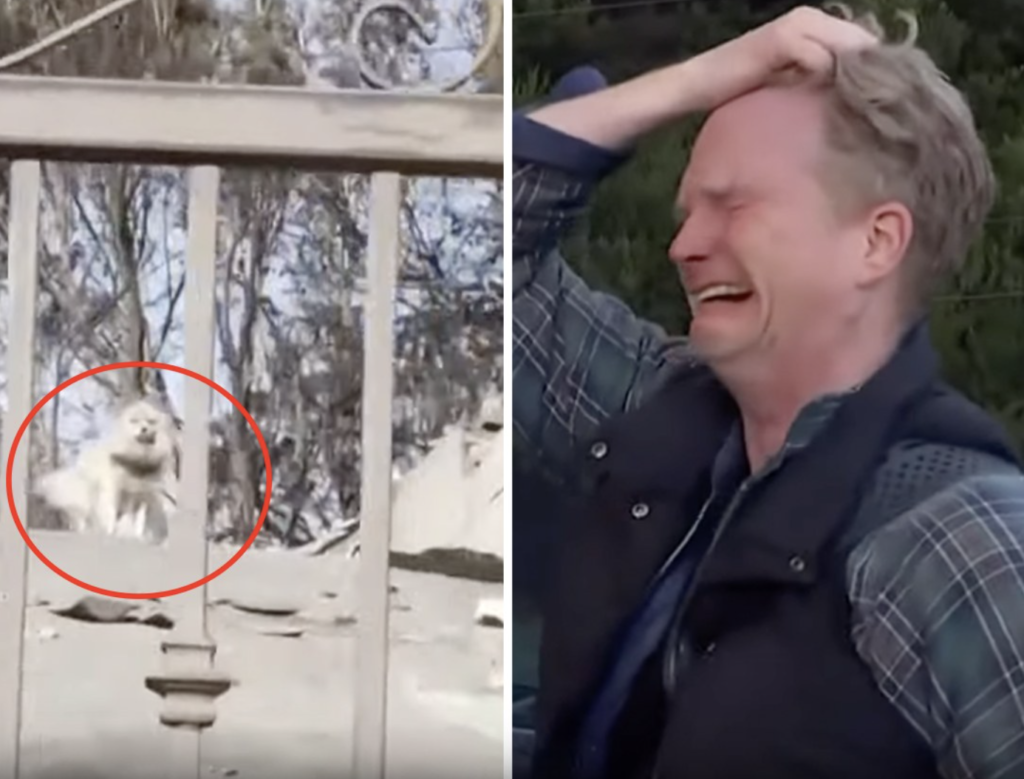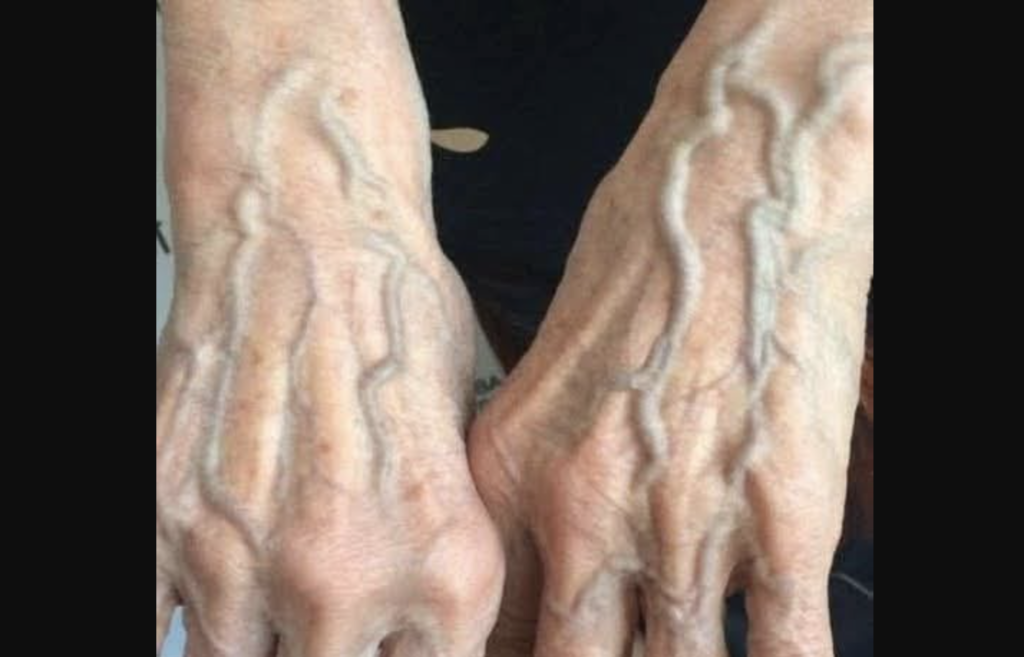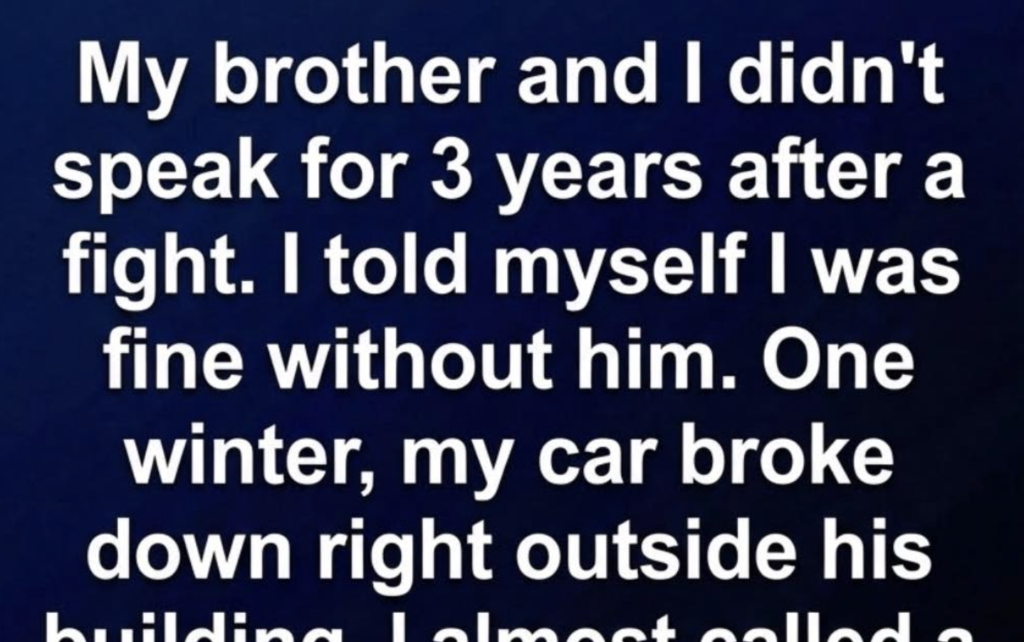My husband, Daniel, passed away a month ago, leaving me enveloped in sorrow. Yesterday, his phone unexpectedly buzzed—a hotel charge appeared on his card, accompanied by a message: “I’m at the hotel, waiting for you.” My hands trembled as I seized my keys. Pulse pounding, I raced toward the location, holding onto a fleeting notion I couldn’t dismiss: could this be a message from beyond?
Midway through my journey, the phone rang. A woman’s voice, gentle yet pressing, echoed through the car: “Where are you, darling? I’ve been here for an hour!” My heart constricted. I pressed her to reveal her identity. After a prolonged silence, she inquired, “Isn’t this Jake’s phone?” My stomach sank. Daniel was never Jake. My reality wavered.
For a brief, overwhelming moment, my mourning morphed into bewilderment and fragile hope. Could Daniel somehow still be alive? Was I on the verge of reuniting with him? I pulled over, clutching the steering wheel, too disoriented to catch my breath.
The reality was far harsher. Authorities uncovered that the calls and messages stemmed from a 23-year-old fraudster named Jake. He had infiltrated Daniel’s account, exploiting his phone and card to lure victims. It was a scam, not a miracle. The police swiftly intervened, but the emotional toll was already inflicted.
For one fleeting moment, I entertained the impossible—that Daniel had bridged the void to reach me. When truth struck, it was like losing him anew. Grief is relentless that way—it lures you into pursuing illusions. Yet I’ve come to understand this: love doesn’t return through hijacked messages or deceptive voices. It endures in memory, in the fragments of him that linger with me. And that’s where I’ll hold him—forever.
